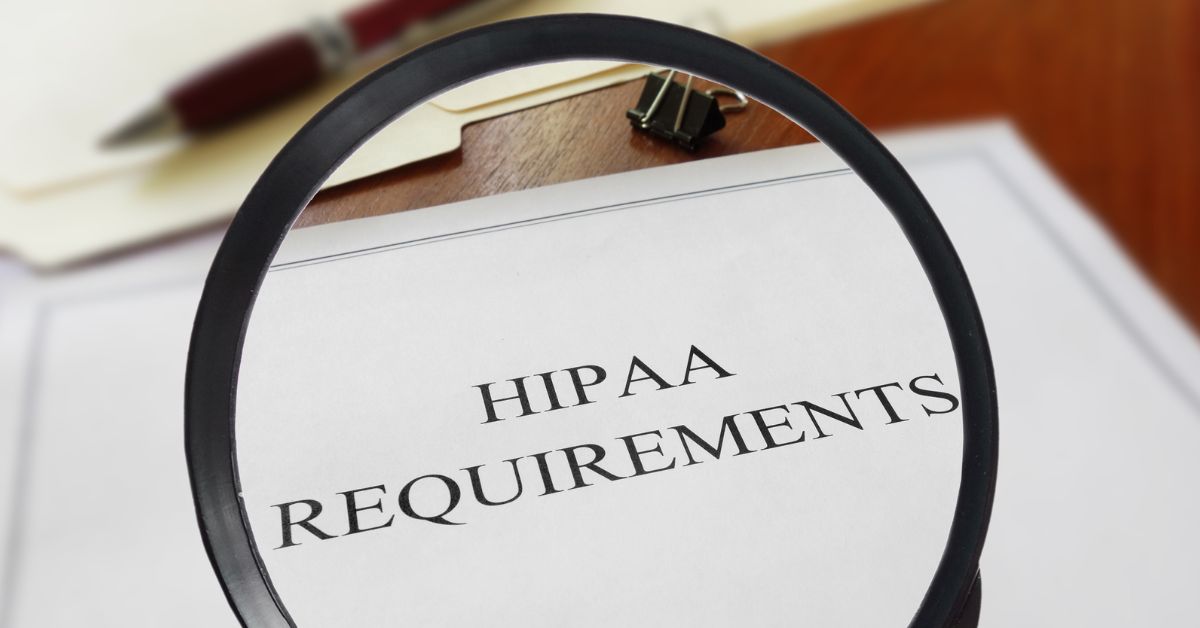If I can be frank for a moment, breach of contract law in California is not all that different than it is in other areas of the country. That said, it never hurts to look at the relevant law within a jurisdiction to suss out any peculiarities.
Fortunately, California offers a very methodical way to do this. Specifically, if you simply dig into the Judicial Council of California Civil Jury Instructions (or “CACI,” which stands for California Civil Instructions), you will not only find precisely what you need to prevail on a breach of contract claim within the state, you will also find references to every statute, rule, and case precedent that impacts your case.
In this post, we’ll walk you through that process, relying primarily on Series 300 of CACI, which provides everything from instructions on contract formation to contract interpretation to affirmative defenses to damages – and quite literally, everything in between.
We’ll break down the basics of breach of contract law in California, including reference to some of the major questions people often have about this body of law (e.g., “is an oral contract enforceable in California?”). We’ll try to do so using plain English, which is not exactly what you’ll find within CACI.
In doing so, we’ll link to the specific jury instructions we’re relying on. Please note, if you scroll down beneath the instructions themselves, you will find further information about the primary and secondary sources behind each instruction.
Alternatively, if you visit pages 81 – 228 of CACI, you’ll find more nitty-gritty details about California contract law than you ever thought possible.
There’s a lot to get through here, so let’s dive in.
What is breach of contract law in California?
In California, a breach of contract occurs when two (or more – but for simplicity’s sake, let’s stick to two) parties enter into a valid contract, one of them does everything they’re supposed to do under the contract, and the other one doesn’t live up to the terms. If the first party was harmed by that failure, we’ve got ourselves a breach.
To give a simple example, let’s say a landowner and a tenant enter into a rental agreement where the tenant agrees to pay $3,000 per month in exchange for the right to live in an apartment in downtown Los Angeles. If the tenant stops paying rent before the lease is over, the landowner is harmed because they’re not getting the money they’re owed.
That’s a breach of contract (so long as there’s not an excuse for not paying – more on that later).
Is every failure to do something a breach of contract?
Nope. Before a plaintiff can prove that a contract has been breached, they have to prove that a valid contract was created. That means that the parties came up with an agreement that was clear enough so they both understood what they were supposed to do. They also have to exchange something of value for the agreement to be enforceable.
In our prior example, our tenant agreed to pay two grand a month in exchange for a place to live.
That’s a contract. If, however, one person agreed to pay another person $3,000 a month in exchange for nothing, there is no contract because there’s no exchange of value.
In other words, that lucky dog who was receiving $3,000 per month for nothing can’t sue for breach of contract when the payments stop rolling in.
Can an oral contract be breached?
I don’t even need to translate CACI to answer this question because the instruction on oral contracts is so clear: “Oral contracts are just as valid as written contracts.” So, yes, a breach of contract claim can be based on an agreement that never made it to the page.
But you didn’t think the answer was going to be that easy, did you? California Civil Code section 1622 tells us that “[a]ll contracts may be oral, except such as are specially required to be in writing.” Well, that begs a question that – fortunately – is answered by Civil Code section 1624.
It tells us that certain contracts are invalid unless they are in writing. Among them:
- (1) any agreement that can’t be performed within one year;
- (2) a promise to pay somebody else’s debt;
- (3) a real estate sales agreement or a lease agreement for more than one year, and so on.
What if the contract terms aren’t clear?
Trust me, many a litigator has paid their kids’ college tuition by fighting over poorly worded contracts. So, what happens if one party understands a contract one way and the other party thinks it means something totally different?
Well, whenever contract words or phrases are disputed, we start with looking at what the parties intended at the time they created the contract.
In doing so, you can look at the ordinary meaning of the language at issue and any circumstances at play when they were coming up with the terms.
Let’s go back to our landowner/tenant situation. What if the lease agreement says, “Tenant shall pay $3,000 per month by the 1st day of every month so long as the apartment is in good condition”? In August, the tenant stops paying rent because the kitchen sink is backed up and, to her, that is a “not good” condition.
The landowner, on the other hand, thinks the tenant should buck up, buy some Draino, and pay her rent.
If the landowner sued the tenant for the unpaid rent (i.e., breach of contract), the jury would almost certainly be called upon to determine what the parties meant by the phrase “good condition.”
In doing so, they could rely on the common meaning of that phrase. Additionally, they could look at any relevant circumstances that existed when the lease agreement was signed.
Let’s say, for example, that Los Angeles County had seen a disturbing trend of plugged kitchen sinks causing sewer overflow (and resultant illness) in the year prior to the parties signing the lease. Let’s further say this issue was so bad that it was reported on widely and that the City Council was considering ordinances to outlaw clogged kitchen sinks.
Those conditions might be relevant to the jury in determining what our two parties meant when they agreed on the term “good condition.” A silly example, perhaps, but you get the point.
Are there any defenses to a breach of contract claim?
I thought you’d never ask. Yes! Of course there are defenses. In fact, CACI Instructions 330 to 338 set forth the Affirmative Defenses that are available in breach of contract law actions.
While we don’t have room to discuss them all here, let’s take a brief look at a couple of the greatest hits.
Bilateral mistakes occur when both parties were mistaken about the terms of the contract and at least one of them wouldn’t have entered the contract if they’d understood things better.
For example, let’s say our landowner/tenant signed a lease agreement after the tenant viewed a “model” apartment. The lease expressly contemplated a fourth floor apartment.
Yet, when move-in day came around, the only vacant unit was on the 24th floor – the landowner just made a typo in the rental agreement. If our tenant had a fear of heights (something that would prevent him from entering into the lease), she would probably have a valid defense if she refused to move in and pay rent.
Undue influence will get you out of a breach of contract claim if the other party to the contract unfairly pressured you to enter into it based on some clandestine knowledge they had about you.
Imagine if our landowner knew the tenant was being stalked by an ex-boyfriend and used that information to pressure her into moving into a place she really couldn’t afford. That might be a defense to a breach of contract claim.
What kind of damages are available in a breach of contract action?
The damages in a breach of contract are varied, and I invite you to review CACI 350 to 361 to get the full run-down. Generally speaking, however, contract damages are supposed to put the plaintiff in as good a financial position as they would have been if the breach never happened.
You know where I’m going next, right? Yep, back to our rental situation. Now, let’s say our tenant paid a $6,000 deposit to the landowner before moving in and finding that the place was completely unlike the “model” unit she’d previewed. That one had all new appliances; her unit had broken, dilapidated appliances.
The model unit had working toilets; this one had a bucket on the floor of the closet. Obviously, our poor tenant isn’t going to move in. But our landowner refuses to return the deposit. When she sues him (and she inevitably will), she can recover $6,000. She cannot, however, recover more than that because that’s all she lost by virtue of the breach (again, generally speaking).
Conclusion
So, there you have it; California breach of contract law in a nutshell. There’s obviously so much more to it but what’s important is that you now have a great resource for finding all the relevant law you need for your breach claim.
Go read those 140+ pages of CACI and get what you’re owed!








